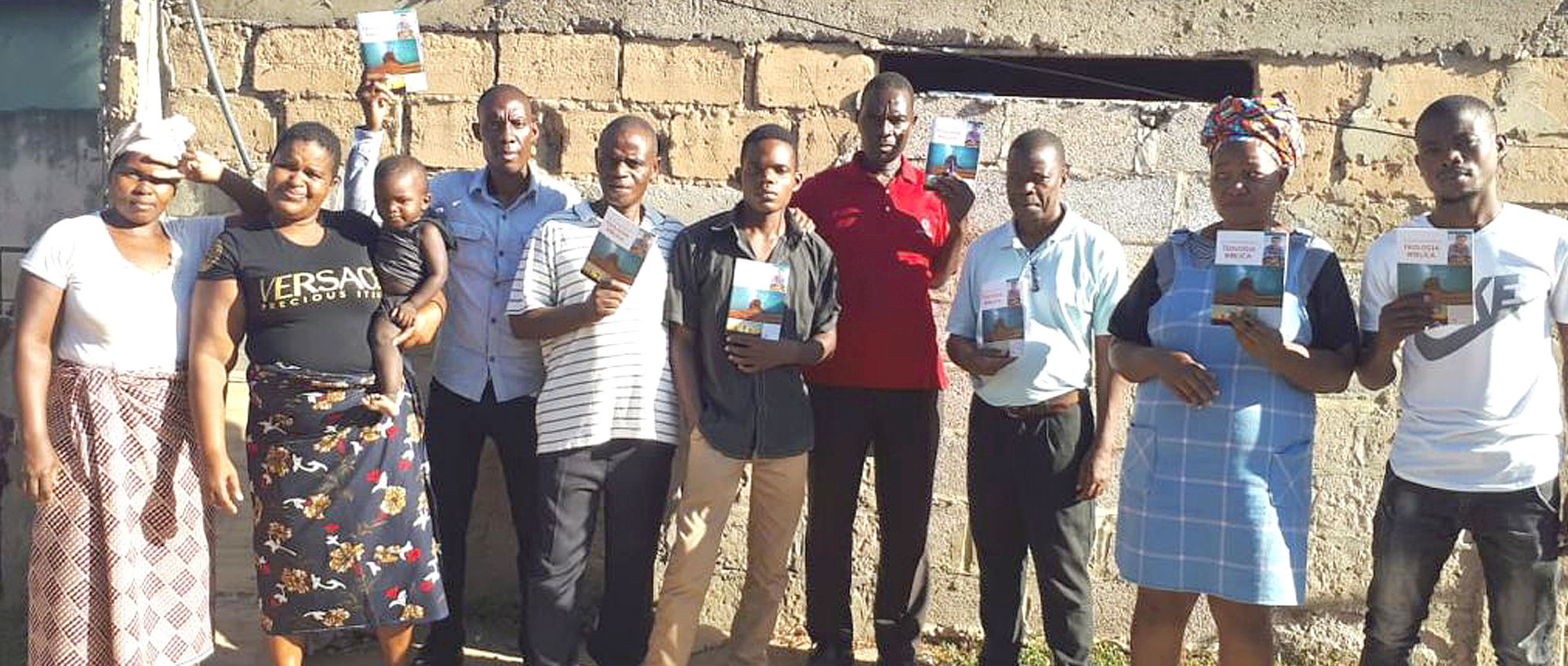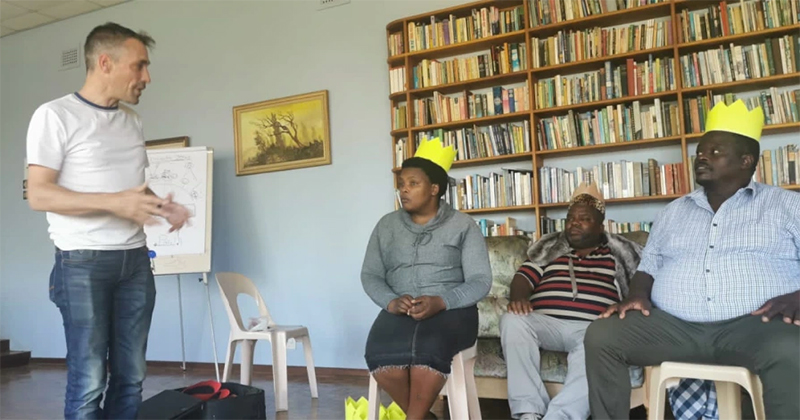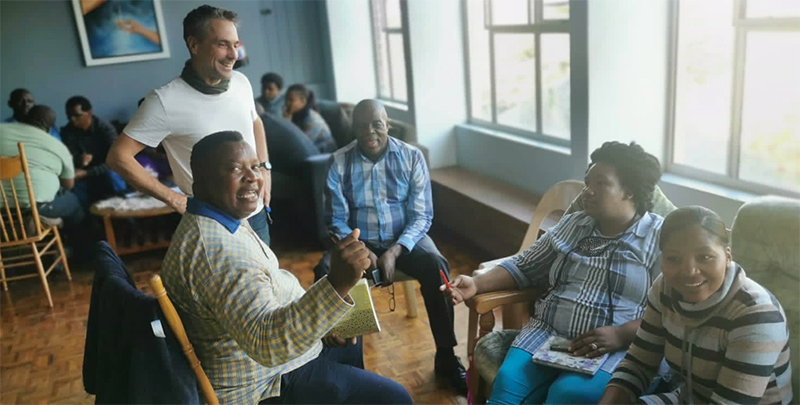Theological education: Why bible schools are not the (only) answer
Currently the Christian church is growing rapidly. That may come as a surprise to many who are living in a western context, where the church has been in decline for many generations. However, outside of the west, in particular the global south, Christianity is growing and many new churches are being planted.
This shift in the Christian church is exciting and inspirational for many who have a global vision of God’s kingdom filling the earth.
However, the growth of the church has come mainly in the poorest nations, and that gives rise to some significant challenges.

The primary challenge is around developing new leaders. With new churches starting all the time, the need for well trained leaders is obvious. Traditionally, the idea was that leaders from the mainline denominations would be trained in their particular bible colleges. The mainline denominations are comparatively well funded from the west, and so could afford to send their new leaders through their training schools. However, the vast majority of the church growth has been among the independent churches, most of which have no links to outside funding or to any bible schools. The opportunities for any of their leaders to study at a theological college is practically non-existent. Their normal practice then, is that new leaders are simply sent out to establish new churches without any formal training. They will probably have been taught by the leader who first established the base church, and there is no guarantee that they have had any training themselves.
In some ways, this is a good thing. The mainline churches originated from the western world, and brought with them a culture and way of reading scripture that reflects a western worldview, and does not fit easily with the non-western thinking of many of the local leaders. This growth of non-western churches is a process of ‘decolonisation’ in the church, and must be welcomed. However, this can lead to much confusion in the new churches, leaving them vulnerable to various doctrines that are abusive, beyond orthodoxy, or a mixture of biblical teaching with traditional animistic beliefs. This obviously harms the witness of these churches and hinders their gospel outreach to their communities.
The challenge then, is to help these new church networks to develop their own training for their leaders, which is biblically sound, but is particularly developed for the non-western thinker. Rather than requiring months or years of study, away at bible school, it has to be accessible to those leaders in rural areas who can take just a few days at a time for a training block, with the aim of giving them a solid foundation from which they can grow in their knowledge and understanding.
Thankfully, even in western theology, there has been a significant movement in recent years away from the westernised ‘systematic theology’, where we teach individual doctrines, such as the doctrine of salvation, the doctrine of God and so on. The movement has been towards a more narrative or story telling approach to scripture. The importance of understanding the overall story of scripture fits much more into the non-western worldviews of the global south, where story telling is often the primary way of communicating and educating.

This is where Mobilise Global has positioned itself. Drawing on the fresh insights from narrative theology, but translating them into a form that non-western thinkers are comfortable with, and packaging them as training blocks taking around three days. In this way, leaders in indigenous church planting networks can be trained with a good theological education, and are equipped to teach others, using material that has been translated into their local language. Our goal is to help these networks reproduce many new leaders, and so aid their healthy growth and multiplication.
We are grateful for the many theological institutions and writers that have helped to shape us over the years. They are still a vital part of the work of training and equipping leaders across the world, but there is a huge gap in the indigenous, independent networks of churches that bible schools are not able to reach. Filling this gap is potentially the most important need in the global church today.
